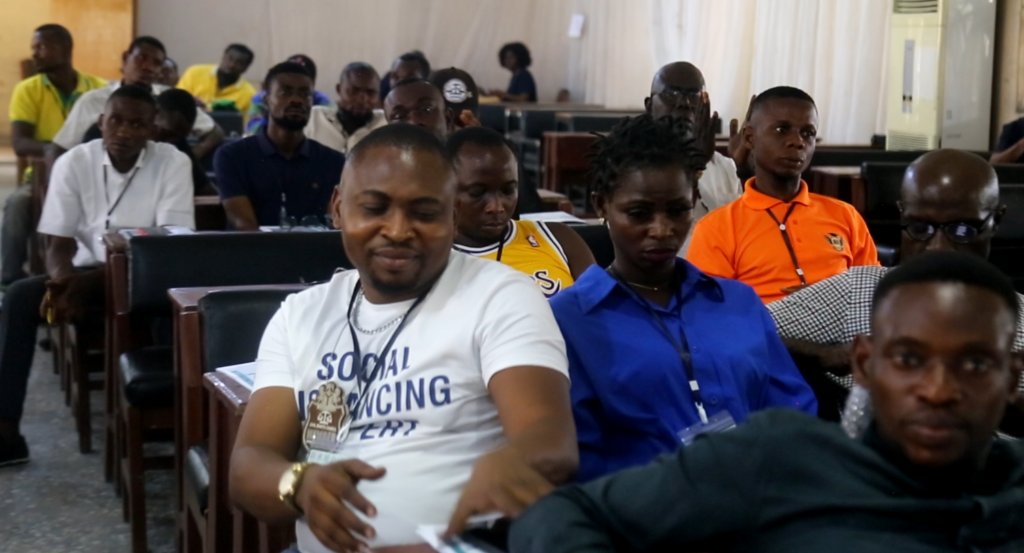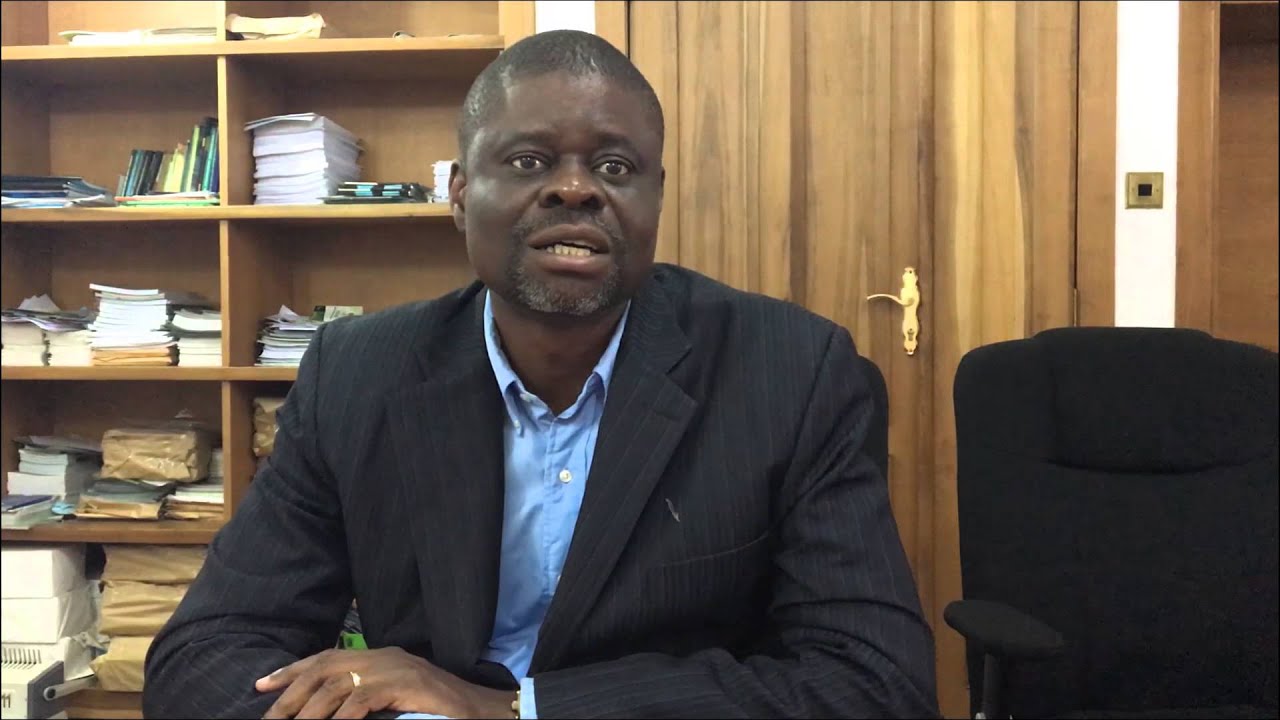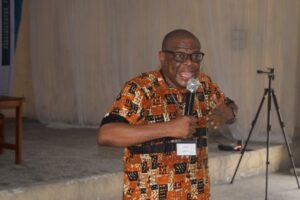Experiences of Revolutionary Movement, Mass Mobilisation, and Collective Action in Nigerian Politics: 2012, 2019, and 2023 in Focus
Dr. Otive Igbuzor’s comprehensive exploration of Nigeria’s political history delves into the experiences of revolutionary movements, mass mobilization, and collective action during pivotal moments in 2012, 2019, and 2023. This narrative given over the online platform at the Nigeria Social Nigeria Camp 2023, highlights the recurring patterns of socio-political struggles, drawing lessons from past movements and shedding light on the conditions necessary for meaningful change.
Introduction:
The societal division into classes, with inherent disparities in privileges and rights, has fuelled ongoing struggles between those content with the status quo and those advocating for change. Dr. Igbuzor grounds his analysis in historical materialism, emphasizing society’s evolution through various socio-economic formations, such as communal, slave-owning, feudalism, capitalism, and socialism. This evolution is guided by dialectical laws, including the unity and conflict of opposites, the transformation of quantity into quality, and the negation of the negation. This historical progression has given rise to revolutionary movements, entities dedicated to orchestrating transformative change.

Revolutionary Moments:
The discourse navigates through several historical instances of mass mobilization and collective action, shaping Nigeria’s political landscape.
- Independence Movement (Pre-1960):
- Influenced by nationalist sentiments post-World War II.
- Key figures like Herbert Macaulay, Nnamdi Azikiwe, Obafemi Awolowo, and Aminu Kano played crucial roles.
- Significant actions included the Aba Women Protest of 1929 and the Coal Miners strike of 1949.
- Anti-SAP Movements of the 1980s:
- The Structural Adjustment Program (SAP) in the 1980s led to organized resistance.
- Socialist platforms mobilized diverse groups, advocating for socialism as a preferred system.
- Pro-Democracy Movement of the 1990s:
- Focused on ending military rule and restoring democratic governance.
- Employed mass protests, civil disobedience, legal actions, and international lobbying, resulting in the termination of military rule.
- Anti-Neoliberal Movements/Occupy Nigeria/ January 2012 Uprising:
- Civilian regimes continued neoliberal policies, sparking the January 2012 uprising against fuel subsidy removal.
- The middle class actively participated, making it an unprecedented and extensive mobilization.
- Resurgence of Activists in Elections (2011, 2015, 2019, and 2023):
- Activists faced challenges in countering entrenched godfathers and the absence of a united front.
- The emergence of the Obedient Movement in 2023 broke the dominance of established political parties.
- #ENDSARS Movement (2020):
- A leaderless movement by young Nigerians against police brutality.
- Extensive protests, social media involvement, and unprecedented coverage led to the acceptance of demands by the ruling elite.
Factors Contributing to Moments:
Dr. Igbuzor identifies key factors contributing to these revolutionary moments:
- Objective conditions marked by abnormal situations and contradictions.
- Irresponsibility of the ruling elite.
- Increasing poverty, changing youth demographics, and the consistency of leftist and activist movements.
Conditions for Change:
The analysis underscores the importance of both objective and subjective conditions for meaningful change. While objective conditions, marked by evident abnormalities and contradictions, have long existed in Nigeria—poverty, corruption, wealth concentration, social disintegration—the absence of subjective conditions, namely organizational preparations for change, has impeded progress.
Lessons and the Way Forward:
The narrative concludes with crucial lessons and insights for navigating future challenges:
- Acknowledging the changing context and nature of the struggle in different historical periods.
- Emphasizing the need for both objective and subjective conditions for change.
- Advocating for a multi-dimensional struggle encompassing political, economic, and ideological dimensions.
- Stressing the importance of united action among progressive forces against the status quo.
- Recognizing the critical role of vanguard organizations in planning and guiding revolutionary change.
- Identifying every election period as a potential revolutionary moment.
- Emphasizing the necessity of leadership and strategy in effecting social action and change.
In essence, Dr. Otive Igbuzor’s exploration provides a comprehensive understanding of Nigeria’s political evolution, drawing attention to the cyclical nature of revolutionary movements and the imperative of adapting strategies to the evolving socio-political landscape. The lessons learned from historical experiences serve as a roadmap for future endeavours in the pursuit of meaningful societal change.
See Full Presentation in PDF HERE





